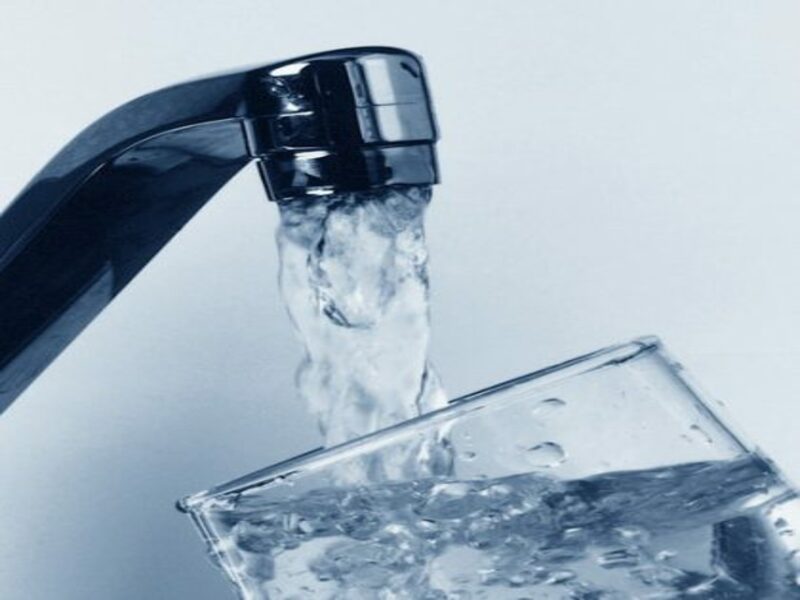Water shortages are currently being experienced in a number of regions around rural Ireland as Irish Water urges people to conserve supplies ahead of the hot weather.
The southeast region is one of the worst affected with eight plants coming under pressure as the weather heats up, with temperatures forecast to reach 29° this week.
It comes following disruption to many parts of west Cork last night, as nighttime water restrictions were put in place between the hours of 11:00p.m and 7:00a.m in areas connected to the Clonakilty and Foxhall networks.
Communities on high ground and the extremities of the networks including Youghals, Cloheen, Lady’s Cross and Barrick Hill were the worst affected. In a statement, Irish Water added that “currently, the majority are areas in west Cork are under pressure”.
Irish Water stated that the majority of its 750 water-treatment plants are currently meeting demands, however water shortages have been noted at the following:
- Wexford – Wexford Town;
- Wexford – Killmallock Bridge;
- Wexford – Taylorstown New;
- Kilkenny – Bennettsbridge;
- Kilkenny – Clogh Castlecomer (Loon);
- Wexford – Bunclody;
- Laois – Swan;
- Limerick – Oola;
- Cork – Whitechurch;
- Galway – Inis Oirr;
- Cork – Roberts Cove Reservoir;
- Clare – Carron Abstraction Site (Termon Spring);
- Cork – Coppeen Pump Station;
- Tipperary – Coalbrook;
- Tipperary – Kilcash.
A period of hot weather in mid-July resulted in significantly higher demand which put a number of schemes at risk of drought. However, this has been offset by recent rainfall.
Met Éireann issued a Status Yellow high-temperature warning for Leinster and Munster yesterday (Tuesday, August 9), which will come into effect at midday tomorrow (Thursday, August 11) and remain in effect until Sunday (August 14).
The public has been urged to reduce water usage during the hot spell by taking steps such as avoiding power washing, storing the garden hose in the shed, checking for leaks on outdoor taps and reporting them to Irish Water.
